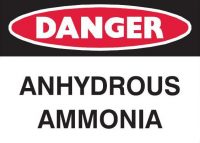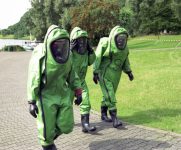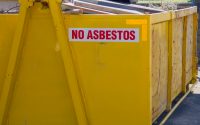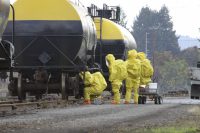UST Amendments—What You Need to Know About Training
Who Will Be Paying the Compliance Costs? The EPA estimates $160 million in annual compliance costs for the final UST regulation. Motor fuel retailers, which account for roughly 80 percent of UST systems, are expected to bear approximately 70 percent of the total costs. Previously deferred tanks—emergency generator tanks, airport hydrant fuels distribution systems, and […]










